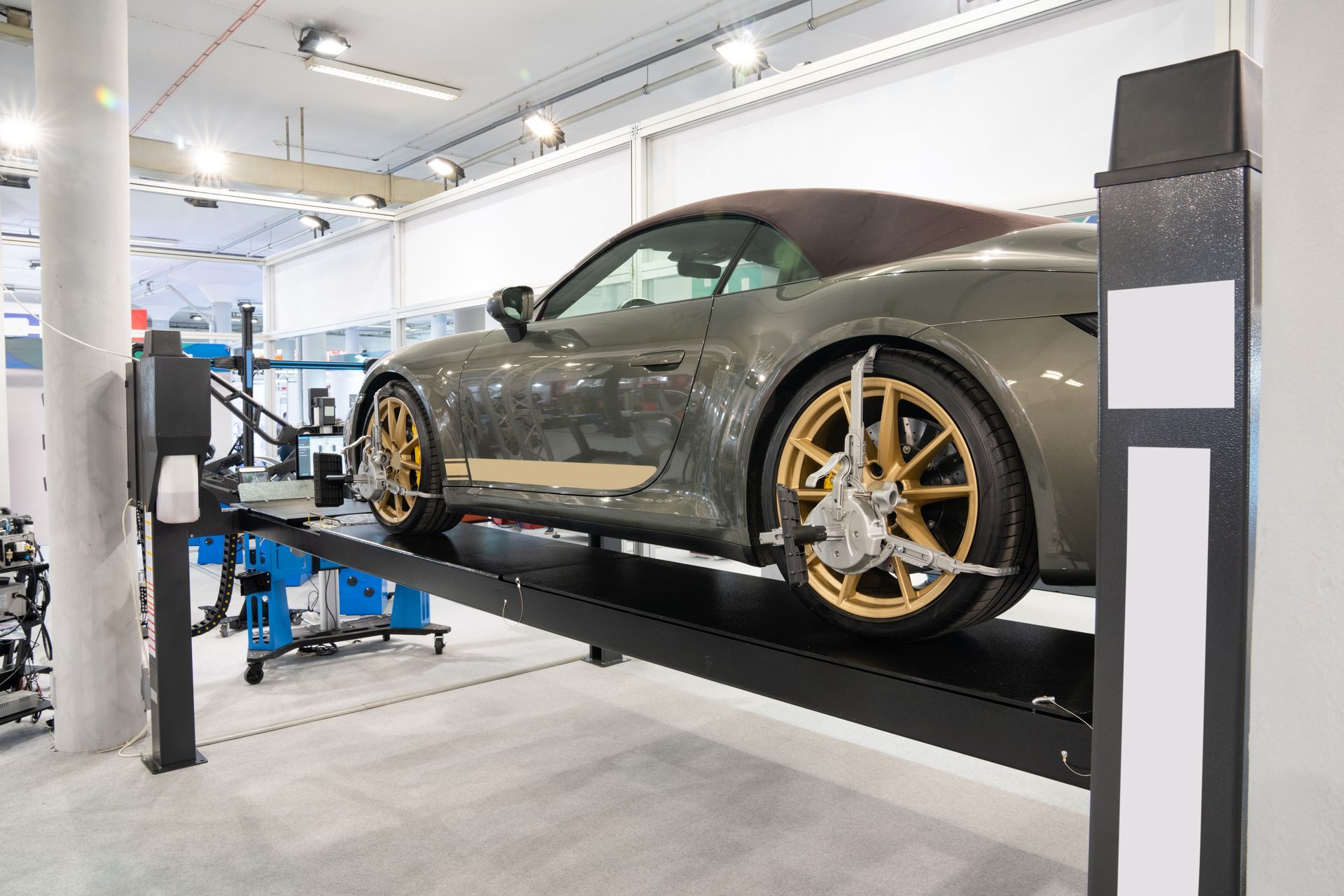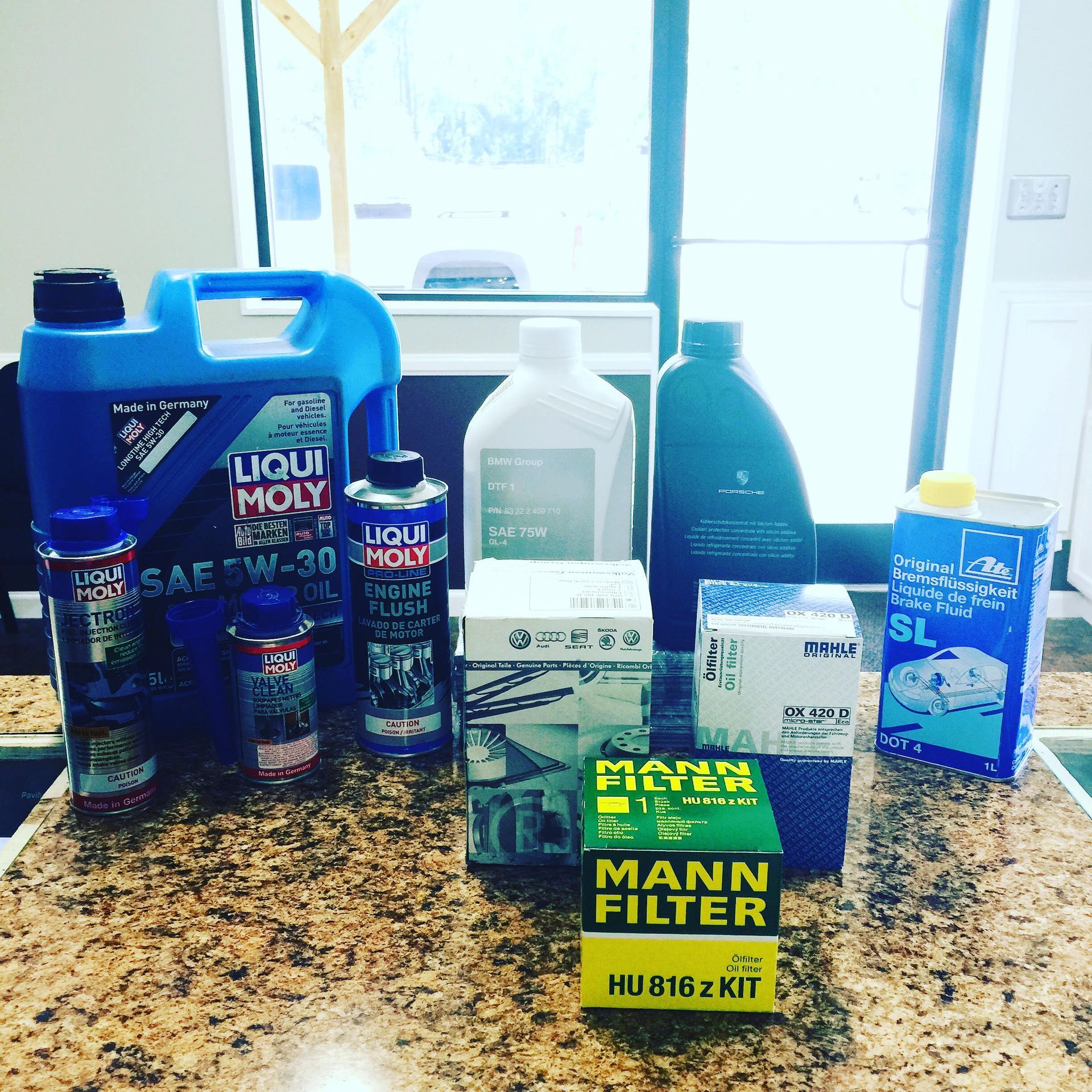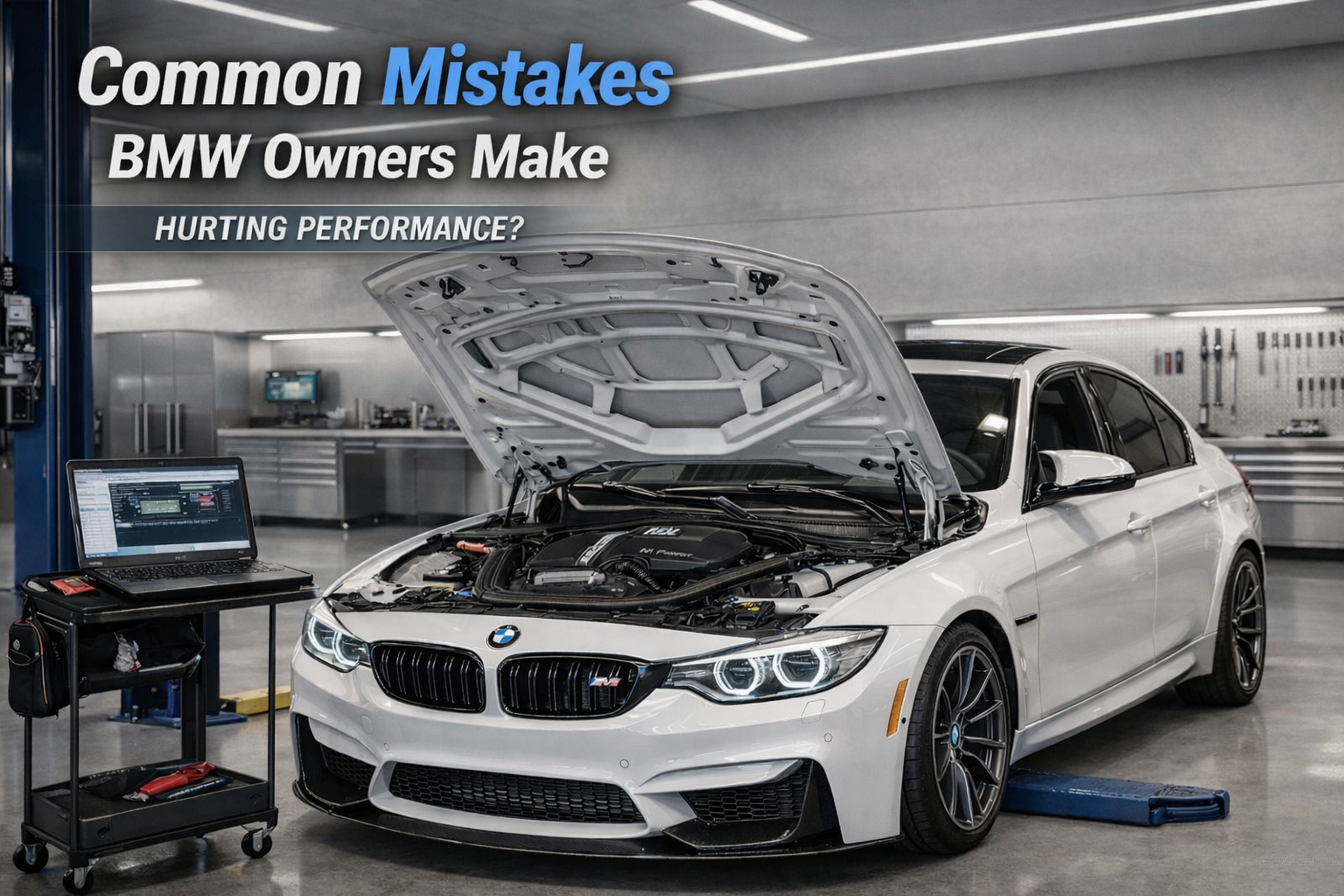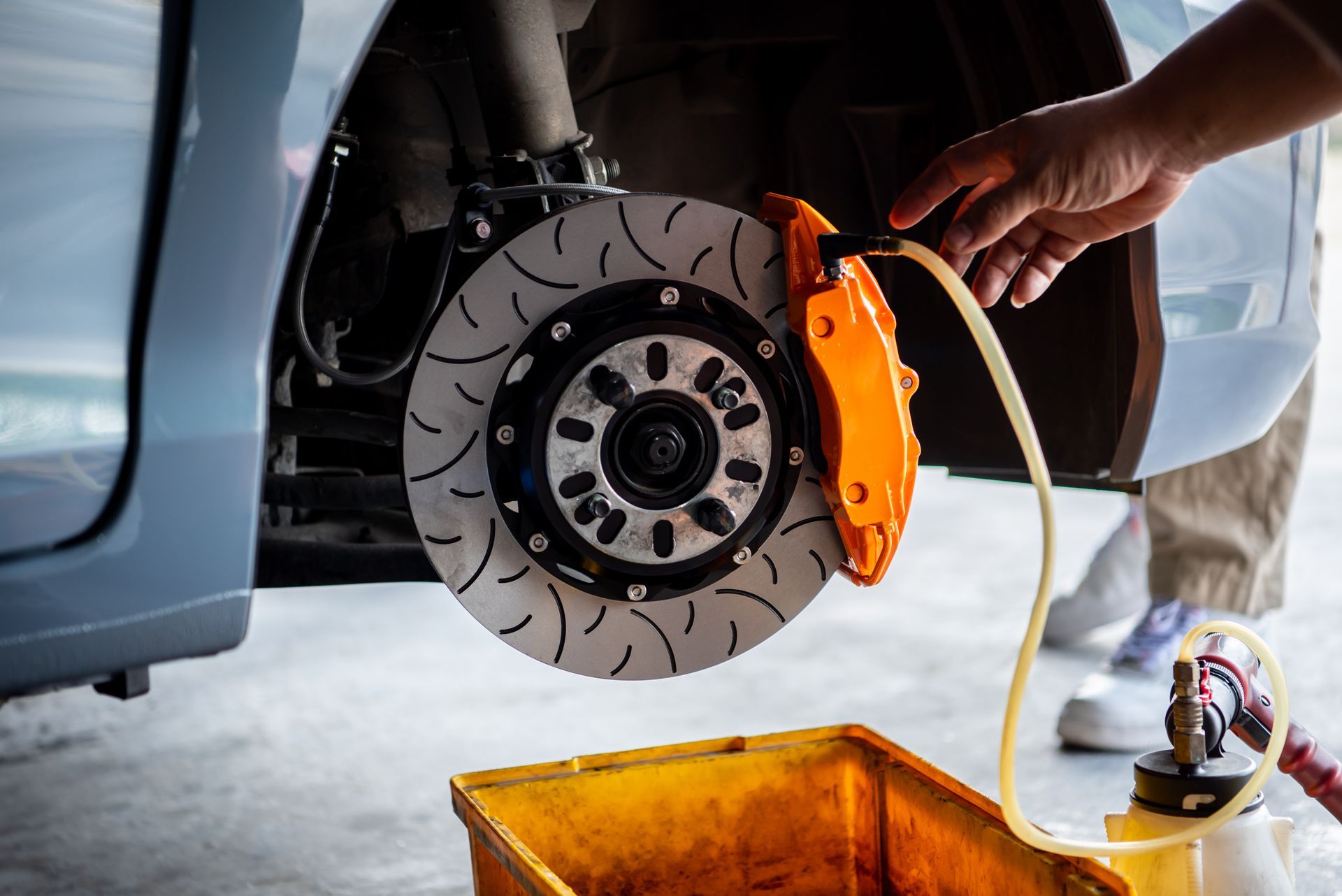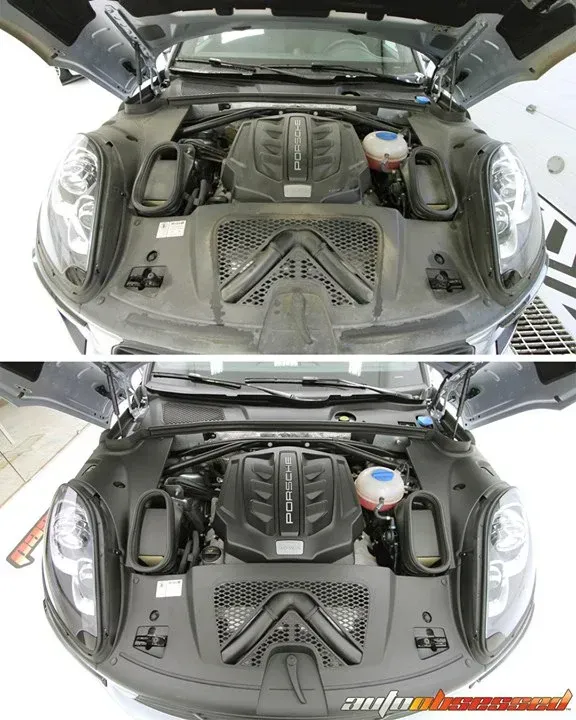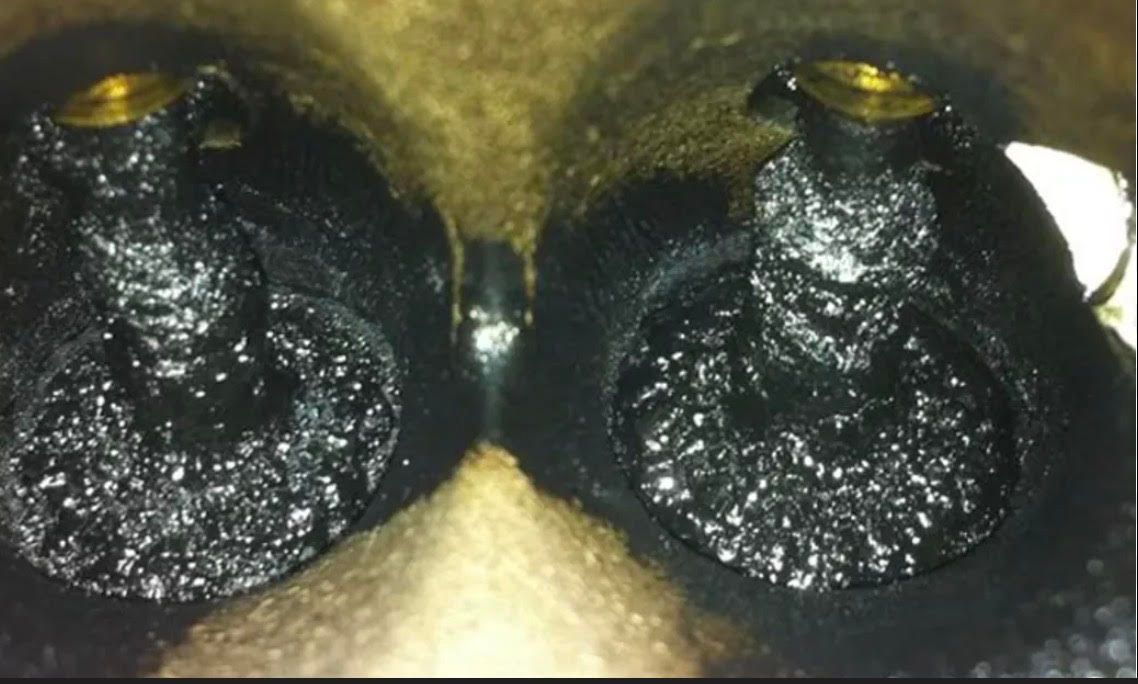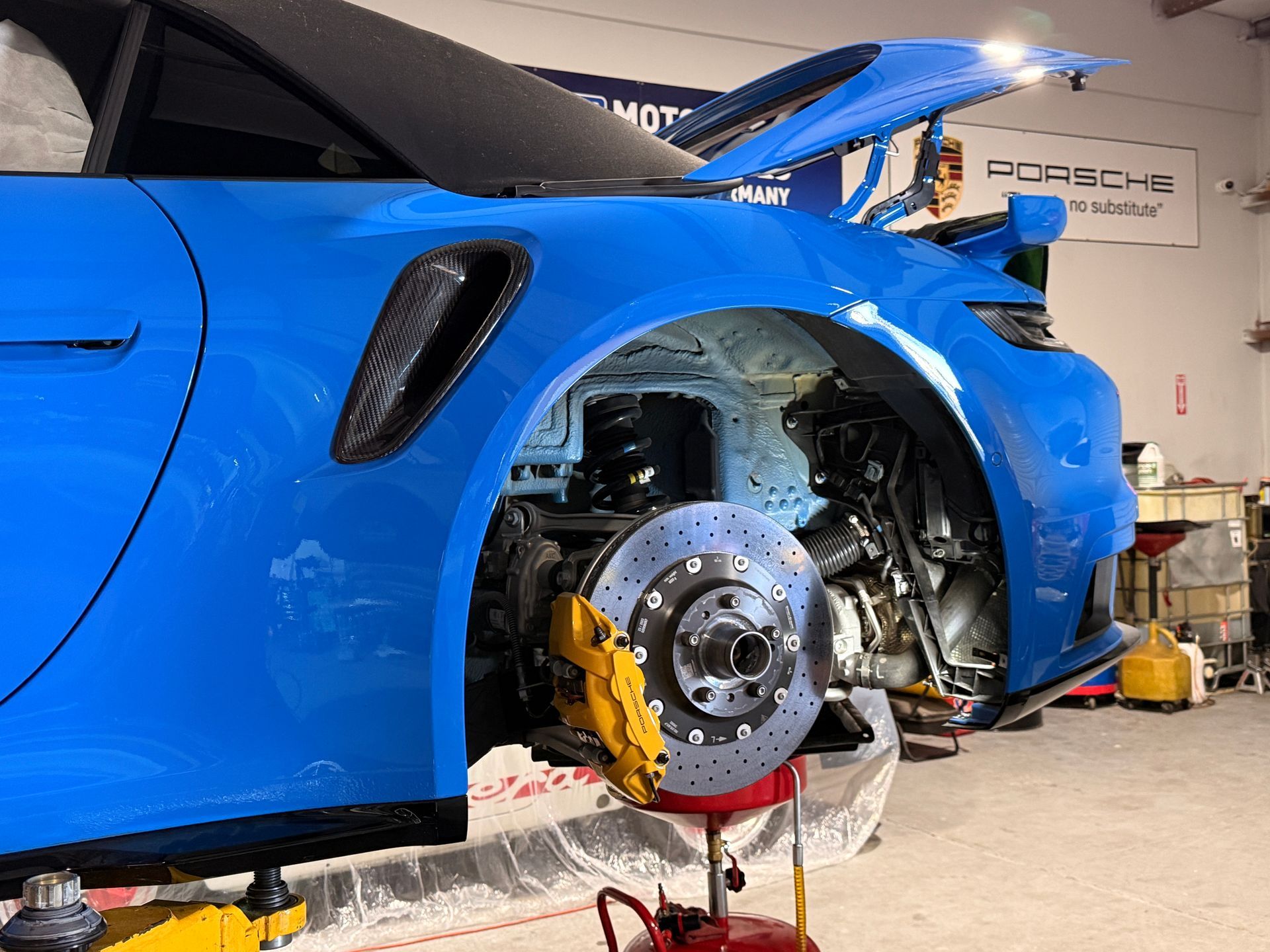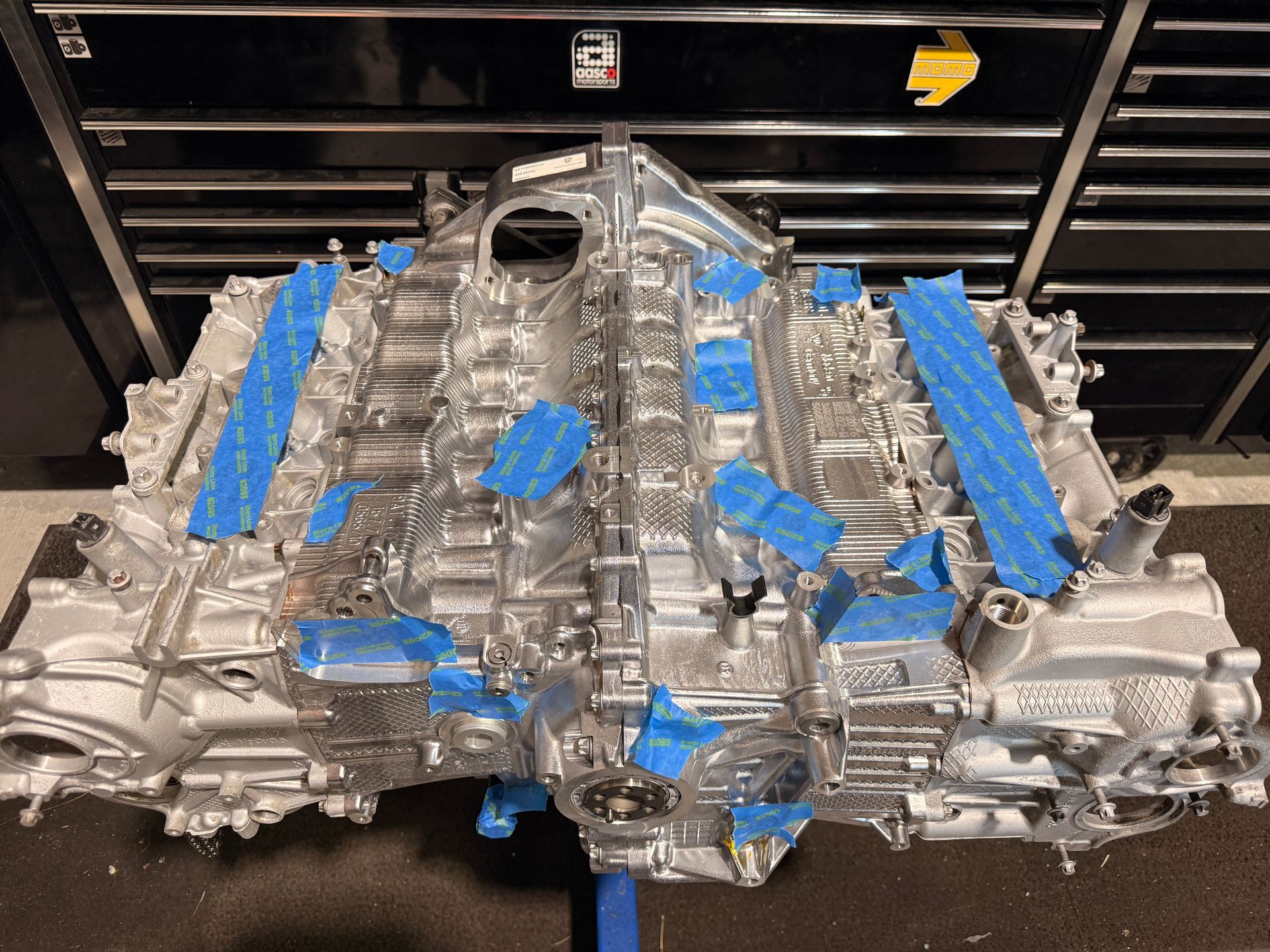What Are the Most Common Issues in Porsche 911 Models?
The Porsche 911 is one of the most iconic sports cars in automotive history, known for its performance, handling, and timeless design. However, like any vehicle, it isn’t immune to mechanical problems. Whether you own a classic air-cooled model or a modern water-cooled variant, understanding the most common issues can help you maintain your 911 and prevent costly repairs down the road.
IMS Bearing Failure in Certain Models
One of the most talked-about Porsche 911 issues is intermediate shaft (IMS) bearing failure, particularly in models built between 1999 and 2008 with the M96 or M97 engines. If the IMS bearing fails, it can lead to catastrophic engine damage. Warning signs may include unusual engine noises or metallic debris in the oil, but in many cases, there are no clear symptoms until it’s too late. Preventive replacement or upgraded bearing kits are common solutions for owners concerned about this problem.
Rear Main Seal (RMS) Leaks
Oil leaks from the rear main seal are another familiar issue in 911s of various generations. While a small leak may not immediately harm the engine, it can lead to oil loss over time and leave unsightly spots on your driveway. RMS leaks are often addressed during a clutch replacement since both repairs require similar labor, making it more cost-effective to do them together.
Cooling System Problems
Modern water-cooled 911s can develop issues with their radiators, coolant hoses, or water pumps. Radiator leaks are especially common in cars driven in dusty or debris-prone areas, as the front bumper design allows leaves and dirt to collect near the cooling components. Regular inspections and cleaning can help prevent overheating and extend the life of these parts.
Suspension Wear and Handling Changes
The Porsche 911 is built for precise handling, but worn suspension bushings, control arms, or shocks can cause clunking noises, uneven tire wear, and reduced performance in corners. Given the 911’s sporty nature, these components may wear faster than on a typical car, especially if the vehicle is driven aggressively or on rough roads.
Electrical System Glitches
Older 911 models can experience electrical issues such as faulty window regulators, malfunctioning central locking systems, or failing ignition switches. Even newer models may have occasional sensor or control module failures. While some electrical problems are minor inconveniences, others can affect drivability and should be addressed promptly.
Clutch Wear in Manual Models
In manual-transmission 911s, the clutch can wear out faster depending on driving style and conditions. A slipping clutch, difficulty engaging gears, or a high engagement point on the pedal are signs it may be time for replacement. Performing this repair promptly prevents damage to other drivetrain components.
Importance of Regular Maintenance
Porsche 911s are high-performance machines, and they demand attentive maintenance. Sticking to the recommended service schedule for oil changes, brake inspections, and fluid replacements goes a long way toward preventing the issues above. Proactive care—such as upgrading the IMS bearing, replacing worn suspension parts early, and keeping the cooling system clean—can keep your 911 running strong for many years.
Keep Your 911 in Top Condition
At Velocity Motorwerks in St. Augustine, FL, we specialize in Porsche service and repair, from routine maintenance to solving complex performance problems. Our team has the experience and tools to keep your 911 performing the way it was meant to.
If you’ve noticed oil leaks, handling changes, or any other unusual symptoms, schedule a service appointment today and protect your investment.

